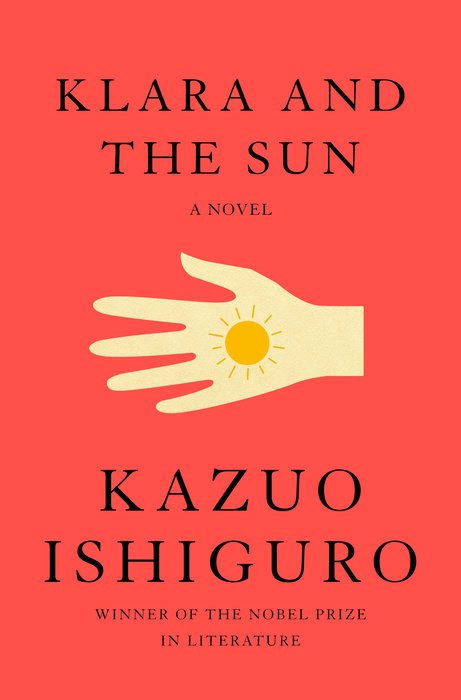A Glimpse into the Future: A Review of Klara and the Sun by Kazuo Ishiguro
When I first picked up Klara and the Sun by Kazuo Ishiguro, I was drawn in by the promise of a narrative that intertwines technology, humanity, and the essence of love. The premise of an artificial friend navigating a world increasingly influenced by genetic engineering and societal expectations felt eerily relevant in our current landscape where elite educational advantages and parental aspirations often blur the line between what’s best for our children and what’s simply best for us.
At the heart of the story is Klara, an artificial friend (AF) designed to be a companion for children. Through her perspective, Ishiguro explores complex questions surrounding the ethics of parental choices, the societal implications of “lifting” children through gene editing, and the loneliness that permeates this futuristic setting. Klara’s perception of the world is both fascinating and heartfelt; she yearns for connection and understanding, reflecting the innocent curiosity of a child while also wrestling with the nuances of human emotions.
What captivated me most were Klara’s observations and her interactions with Josie, the sickly girl who ultimately chooses her. The beauty of their bond and the contrast between Klara’s innocence and human complexities struck a chord within me. Yet, as the story progressed, I found myself grappling with a sense of disillusionment. The narrative, initially rich and immersive, rushed toward a conclusion that felt unfulfilling. Klara’s mission, conceived in innocence, became a point of contention for me, teetering into absurdity rather than profundity.
Ishiguro’s prose is characteristically elegant, filled with moments of lyrical beauty, but the pacing felt uneven. The early chapters invite you into a slow dance with Klara’s reflections, while the latter half felt rushed, skipping over significant developments. I longed for a deeper exploration of the themes he introduced. There are tantalizing glimmers at the edges of the story—questions about consciousness, faith, and societal roles of artificial beings—but many of these threads went unresolved, leaving me yearning for more substance.
Unfortunately, the dialogue and characterizations sometimes verged on cliché, with tropes that felt heavy-handed rather than insightful. For instance, the portrayal of certain characters seemed reductive, leaning on stereotypes that diminished the potential richness of the narrative.
Despite my critiques, I believe there’s an audience that will find beauty and resonance in Klara and the Sun. If you’re intrigued by deep philosophical questions and enjoy speculative fiction that challenges traditional notions of identity and existence, this book may still spark your interest. It certainly made me reflect on the poignant dilemmas faced by modern parents—a theme that resonates deeply today.
In conclusion, while Klara and the Sun beautifully showcases Ishiguro’s talent for rich emotional storytelling, it left me grappling with unanswered questions and a narrative that I hoped would delve deeper into its own philosophical musings. It’s a thought-provoking read, but perhaps more an invitation to reflect than a definitive exploration. As I close the cover, I’m left contemplating the future—both of technology and our children—and the often blurry line we tread in the pursuit of what we believe to be best.







